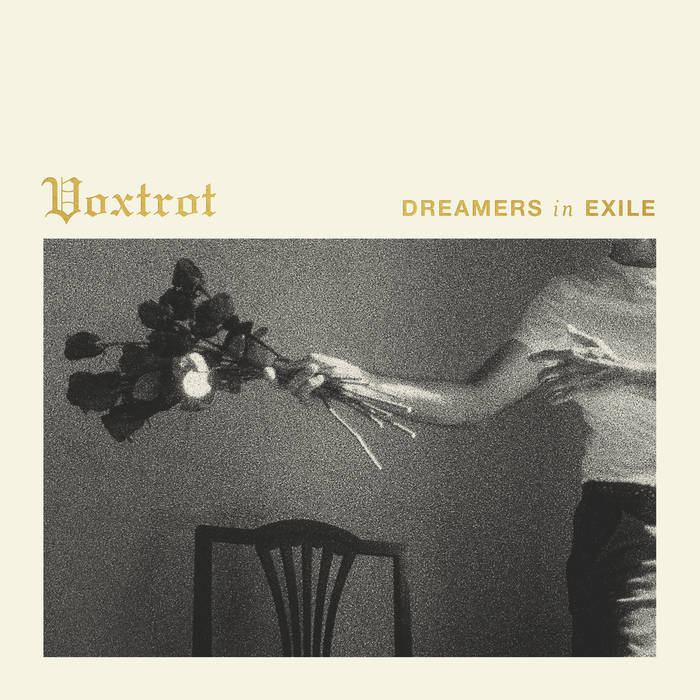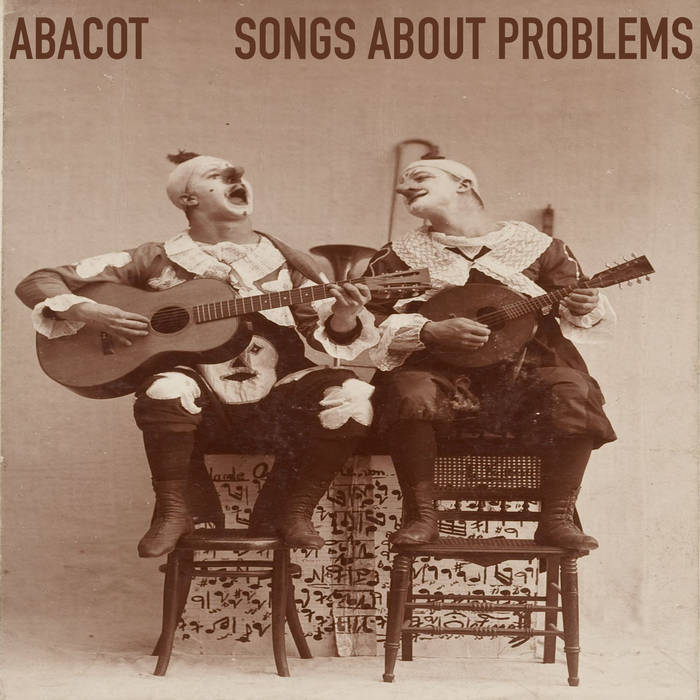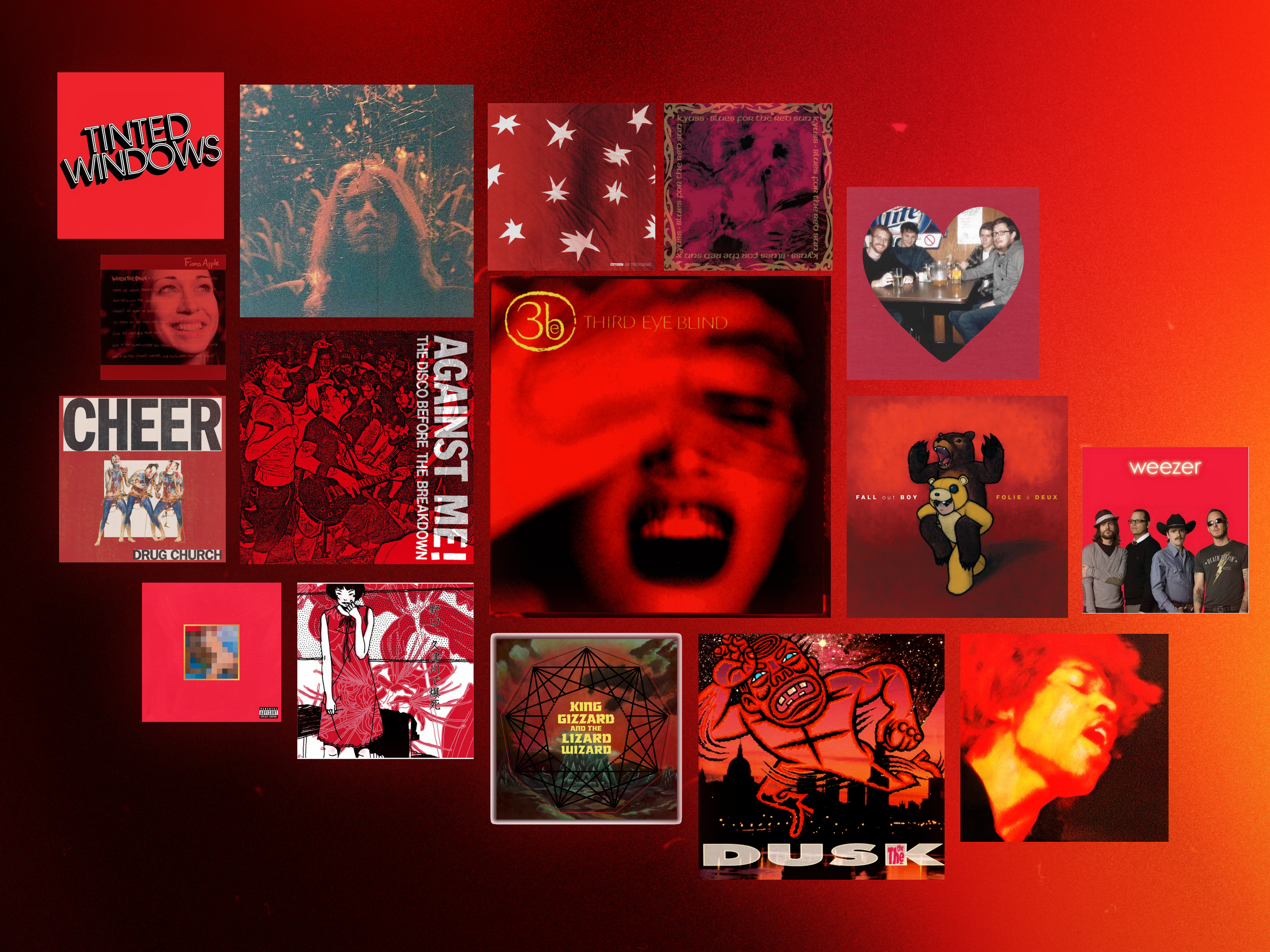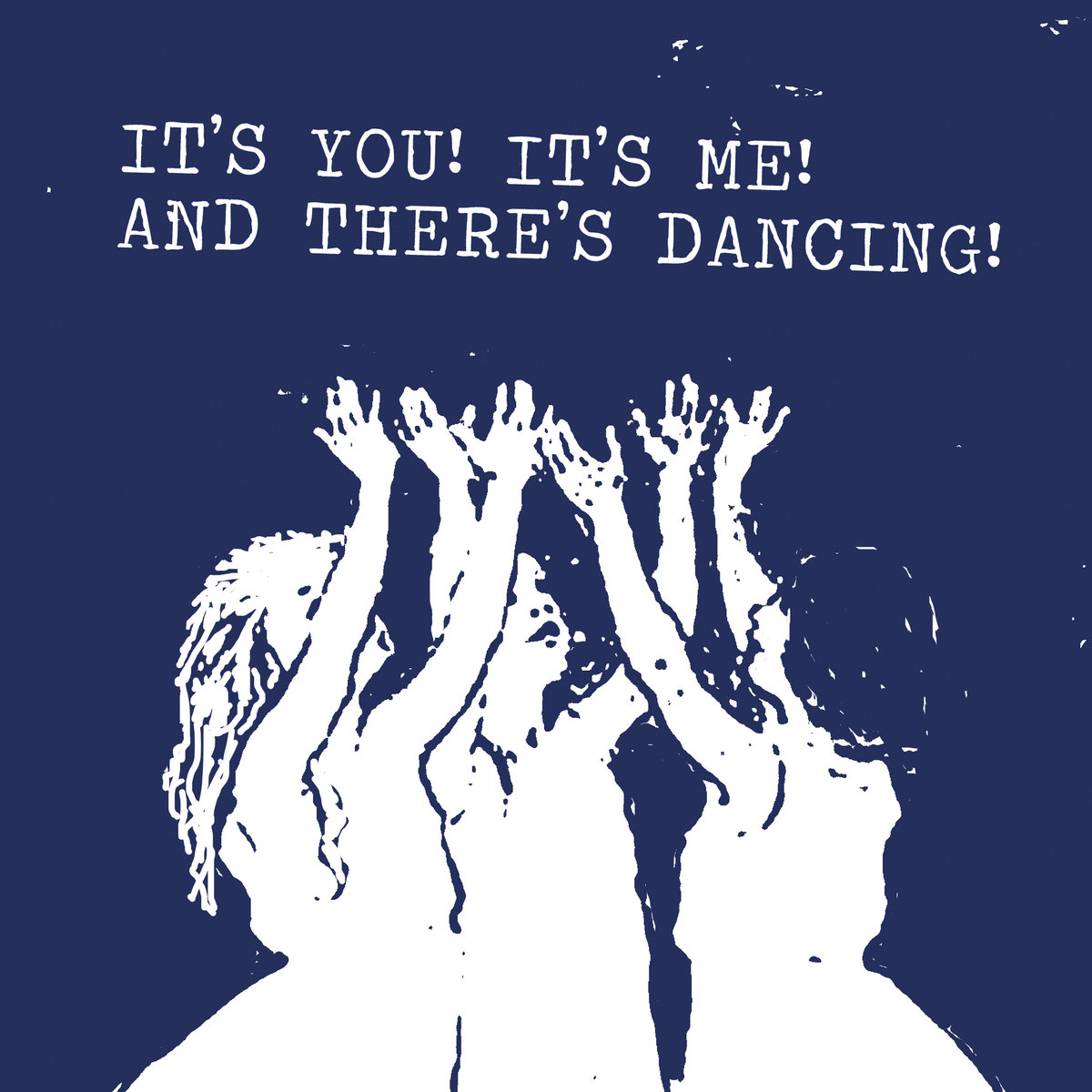This Is the Scene on 11th Street When Black Midi Comes to Town | Concert Review
/During the Year Of No Shows, I often daydreamed of a post-quarantine concert exuberant and outrageous enough to make up for all the nights that venues, once brimming with noisy liveliness, sat empty while musicians and would-be concertgoers alike waited patiently until they could breathe life into these spaces again. Now I’m not saying that a show must be rowdy and ear-splitting in order to be worthy of welcoming live music back from its pandemic-induced hiatus. In the months since tours having started up again, I’ve been blessed with the communal, campfire-like warmth of a Mountain Goats solo show at City Winery, the intimate giddiness of a post-Hurricane set Samia played at Union Pool, and a laid-back summer evening with Bright Eyes, Waxahatchee, and Lucy Dacus at Forest Hills Stadium. Each of these performances was moving and memorable, and each in its own way reminded me of something I’d desperately yearned for during quarantine. But it wasn’t until Tuesday night at Webster Hall that I was able to experience a concert that lived up to the magical, hell-raising insanity of my quarantine daydreams. And it wasn’t just the mosh pit-- though I’d heard from others that the pits at black midi shows go fucking crazy, and this one certainly did not disappoint. Beyond the simultaneously base and divine euphoria of getting tossed around in a sea of sweaty strangers, black midi’s show provided a fully immersive spectacle that felt as weirdly glamorous as it did grotesque. Like a night at the opera if said opera took place in the sewers where the Ninja Turtles live, or like Cirque du Soleil if Cirque du Soleil didn’t suck. From the moment they stepped onstage-- heralded by a faux pro-wrestling announcement that declared them “the heavyweight champions of London, England” --it was like I’d entered another world.
The whole scene was unassuming at first. The crowd had me feeling simultaneously too old and too young to be there-- mostly teenagers in Tripp pants and longhaired mid-30s white guys, at least three of whom were wearing Swans shirts. When I overheard a kid behind me in the merch line ask one of his companions, “so are you like, a black midi guy?” I had to stifle the urge to laugh and interrupt their conversation with, “it’s a black midi show; we’re ALL black midi guys.” I heard another group wishfully but doubtfully thinking aloud about whether the band would play bmbmbm, a song that some fans have christened black midi’s “Creep” (referring to both its status as the band’s signature song as well as the band’s seeming distaste for playing it live). Hours prior, bassist Cameron Picton had tweeted that they’d play it if they made $1,200 in merch tips that night. Clearly, this goal was not met (and Cam’s tweet was almost certainly made in jest-- the black midi boys are nothing if not constantly in on the joke), and their breakout track predictably did not make it onto the Webster Hall setlist.
The band opened for themselves as alter-ego/blues fusion side project The Orange Tree Boys, an “amazing new band out of Las Vegas.” The Orange Tree Boys have previously made appearances at other live shows and on the black midi variety hour. Outfitted in camo, dark sunglasses, and delightfully faked American accents, they performed a short set of improvisational jams and AC/DC covers. Bowie had Ziggy Stardust, Beyonce had Sasha Fierce-- black midi have The Orange Tree Boys. They were followed by a haunting ambient set from Brooklyn-born multi-instrumentalist L’Rain, whose supporting spot on black midi’s US tour follows her residency at Mass MoCa. Her critically acclaimed 2021 sophomore album Fatigue lent itself beautifully to her live performance, her acrobatic vocals and delicately distorted experimental arrangements echoing through every inch of the ballroom.
Between L’Rain’s set and black midi’s, I listened to a group of guys in front of me figure out their strategy re: opening up the pit-- who would go where, what was the best way to move up towards the front (this was before a few of them chorused “daddy? sorry. daddy? sorry. daddy? sorry” at black midi’s infinitely memeable frontman Geordie Greep). Of course, all strategy and logic dissipated the moment the lights dimmed and a disembodied voice introduced London’s heavyweight champions. The boys walked onstage to Frank Sinatra’s “New York, New York,” which cut out as they began to play erratic Schlagenheim album opener “953.” The song’s starting chords set off an almost Pavlovian reaction in the audience, sweeping us up into a human tornado. As we thrashed about, Geordie alternated between what can only be described as a disemboweled Sinatra cover over 953’s jagged post-punk anti-melody, and the song’s actual lyrics.
One of the most striking contradictions of black midi’s music is how it’s theatrical yet unemotional. The musical experience they provide is somewhat concerned with feeling, but not so much feelings. Their songs rarely reveal any easily definable emotion. This only furthers their worldbuilding abilities, especially in their live performances. To call what I witnessed at Webster Hall a “concert” almost feels reductive, unable to encompass the depth of the rabbit hole they drag their audiences down. We zoomed through the dystopian urban development of the 2019 single “Speedway” with Cameron and his sinister, monotone vocals in the driver’s seat. On this tour’s live standout, rumored to appear on LP3, “Welcome To Hell,” Geordie became the demonic carnival barker of our nightmares, calling for us to “listen, listen!” and setting the crowd aflame while chanting the names of plagues-- “Cholera! Malaria!” And how can I begin to adequately describe the mass psychosis that was this specific live rendition of “John L,” a song I’ve heard half a dozen live recordings of, all of which sound wildly different from one another. As Geordie reached the verse where he speaks from the perspective of the song’s titular disgraced cult leader, the audience seemed to become the cult itself-- “crowds of every age, creed, and gender...overwhelmed by their king.” Geordie Greep-as-John L’s “gargling non-song” incited what looked/sounded/felt like a collective exorcism, making all of us players black midi’s show.
This was also one of the few moments in which I was lucky enough to get a decent view of Morgan Simpson, quite possibly one of the greatest drummers working today. To hear his intricately crafted chaos on black midi’s records is one thing, but to see him in action is transcendent, his free jazz drumming tying together black midi’s genre-defying sound. Since the band first broke into the spotlight, it’s been clear that it’s Morgan’s intricate yet bombastic rhythms that anchor black midi’s wild sonic landscapes to some semblance of coherence. black midi’s music is like a rickety wooden rollercoaster-- there’s a thrill in feeling like it’s about to fall apart beneath you --Morgan’s drums are like the screws that hold the rollercoaster together, but not tight enough to keep you from wondering “is this safe?” (also, much like my first time riding the Cyclone, I was having so much fun getting knocked around that it wasn’t until later on that I realized that something-- or someone --had hit me in the mouth making me bleed a little). The boys are as in sync with one another as ever, and the addition of touring members Kaidi Akinnibi on saxophone and Seth Evans on keys have helped to fatten the band’s already larger-than-life sound to fill the increasingly spacious venues they’ve been booking since the release of 2021 sophomore album Cavalcade.
Memorable moments from the night went beyond just musical ones. Seth and Geordie sparred with one another between songs, the audience egging them on. Kaidi, in his ruffled shirt and sequined mask, mimicked the disciplinarian sternness of a disappointed teacher as he broke up their “fight” (the end of the show saw Geordie chasing Seth offstage with a toy sword). At one point, Cam hopped down from the stage with a pizza box in hand and passed out slices to the rabid crowd.
black midi’s chameleonic nature transcends the versatility of their music. Known to make appearances dressed up as chefs, doctors, astronauts, businessmen, and as the aforementioned Orange Tree Boys, they’re always filling out the world of their performances. They’ve struck a perfect balance between how seriously they take their craft and how seriously they don’t take themselves. Their live shows have become masterclasses in the art of Committing To The Bit. Yet their campy, over-the-top presentation never feels like a gimmicky attempt to pander to their audience or solidify their status as a Definitive Gen-Z Band. Moreover, it makes the moments of true beauty and emotional resonance all the more striking. Live favorite “27 Q” had Geordie going full crooner; his vocal delivery was lovely, but it was a loveliness that still fit into the wacky Looney Tunes bullshit of the black midi musical universe. Then came cacophonous closer, “Slow,” in which Cameron’s melodic vocals guided the song to its violent, apocalyptic climax (the image of Cameron standing atop an amp stoically shrieking the word “slowly” over and over again will forever be burned into my memory).
After the band put down their instruments and gathered at the edge of the stage to say goodnight, Geordie called out to us with a wink that he’d see us tomorrow night, “And the next night! And the night after that! And the night after that! In Hell, where you’ll burn for coming to this show, you fuckin’ sinners! Go home!” If Hell is anything like a black midi show, I don’t wanna go to Heaven.
Grace Robins-Somerville is a writer from Brooklyn, New York. You can find her on Instagram @grace_roso and on Twitter @grace_roso.





